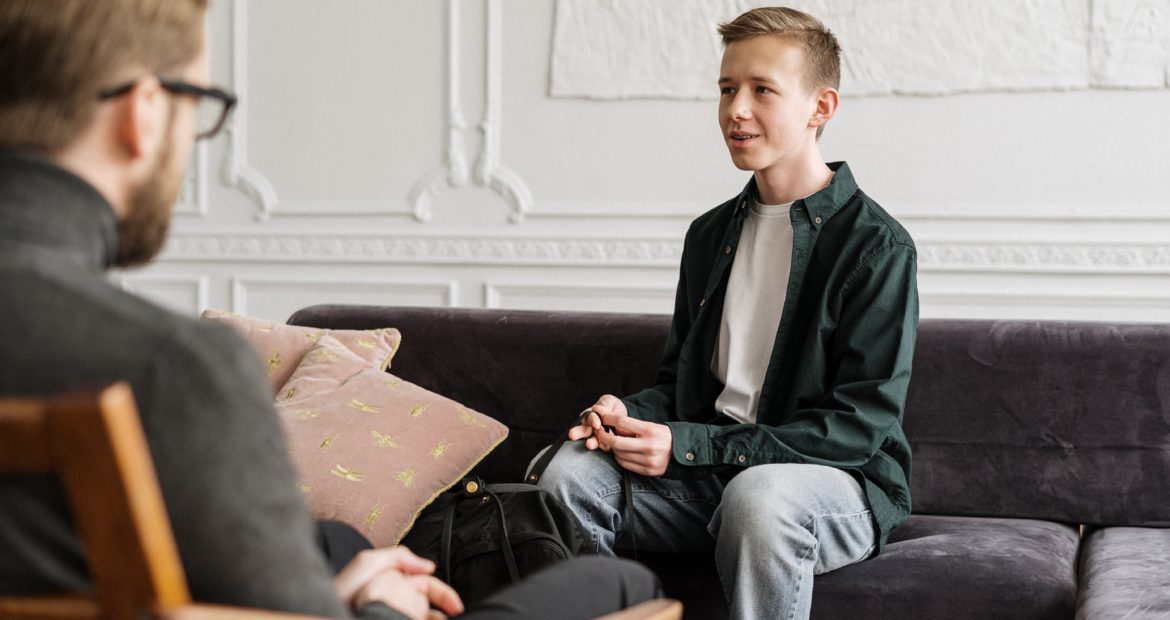Body Image and Psychotherapy
Body image is a complex and multi-faceted concept that encompasses our perceptions, attitudes, and feelings about our own bodies. For some people, their body image can be a source of self-esteem and confidence, while for others, it can be a source of anxiety and insecurity. Body image issues can range from mild dissatisfaction to severe and even life-threatening conditions such as anorexia and bulimia.
The media plays a significant role in shaping our perceptions of body image. Images of airbrushed, Photoshopped, and otherwise altered bodies are everywhere and often set an unrealistic and unattainable standard for beauty and fitness. As a result, many people compare their own bodies to these images and come up short, leading to feelings of inadequacy and self-doubt.
Body image issues can also stem from negative experiences and feedback from others, whether it’s bullying, criticism, or even well-intentioned comments from family and friends. Trauma and abuse can also lead to body image issues, as can other factors such as low self-esteem and depression.
Body image issues can lead to a wide range of negative consequences, both physical and emotional. On the physical side, it can lead to disordered eating, weight fluctuations, and even severe health problems such as heart damage and muscle wasting. Emotionally, body image issues can lead to depression, anxiety, low self-esteem, and a decreased ability to enjoy life.
Psychotherapy can be an effective treatment for body image issues. Through therapy, individuals can learn to challenge and change negative thoughts and beliefs about their bodies. They can also learn to develop a more positive and balanced perspective on their body, as well as learning to cope with negativeemotions and stress in healthier ways. A therapist can also help individuals explore the underlying emotional and psychological factors that contribute to their body image issues, such as low self-esteem, past trauma, or perfectionism.
Cognitive-behavioral therapy (CBT) is a common and effective form of therapy for body image issues. This type of therapy helps individuals to identify and challenge negative thoughts and beliefs, and replace them with more positive and realistic ones. Additionally, therapy can also teach healthy coping mechanisms such as mindfulness and relaxation techniques. It also aims to improve self-esteem and body acceptance, which is a process that takes time and patience.
In addition to therapy, there are other things that individuals can do to improve their body image. These include surrounding themselves with positive and supportive people, limiting exposure to unrealistic body images in the media, engaging in physical activity that is enjoyable and feels good, and finding ways to celebrate and appreciate their own unique characteristics and strengths.
In summary, body image issues can be challenging and distressing, but with the help of a therapist and other supportive resources, individuals can learn to view themselves and their bodies in a more positive and healthy way.
Takeaway bullets:
- Body image encompasses our perceptions, attitudes and feelings about our own bodies
- Body image issues can range from mild dissatisfaction to severe conditions like anorexia and bulimia
- Therapy can be an effective treatment for body image issues, such as cognitive behavioral therapy (CBT) to help change negative thoughts and beliefs.
- Therapy can help individuals develop healthy coping mechanisms and strategies to improve self-esteem and body acceptance
- Individuals can also engage in self-care practices that may improve body image, such as surrounding themselves with positive and supportive people and engaging in activities that feels enjoyable and good.

